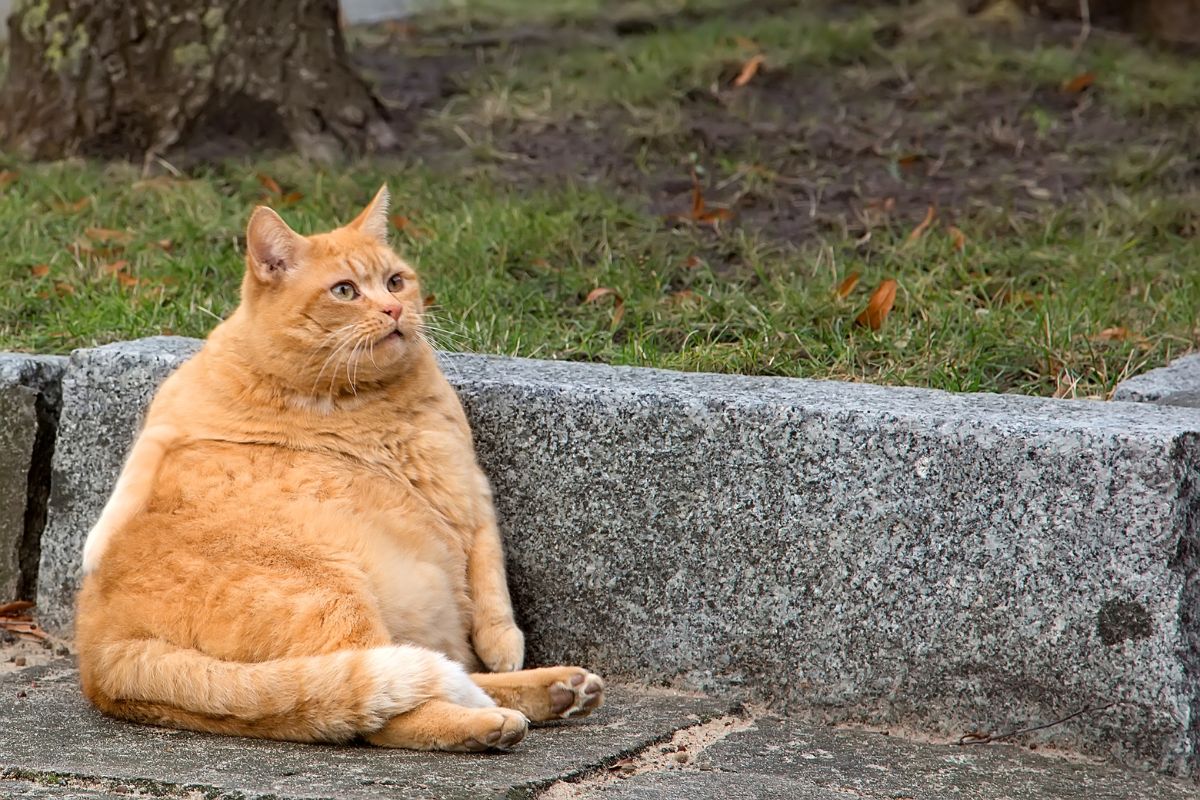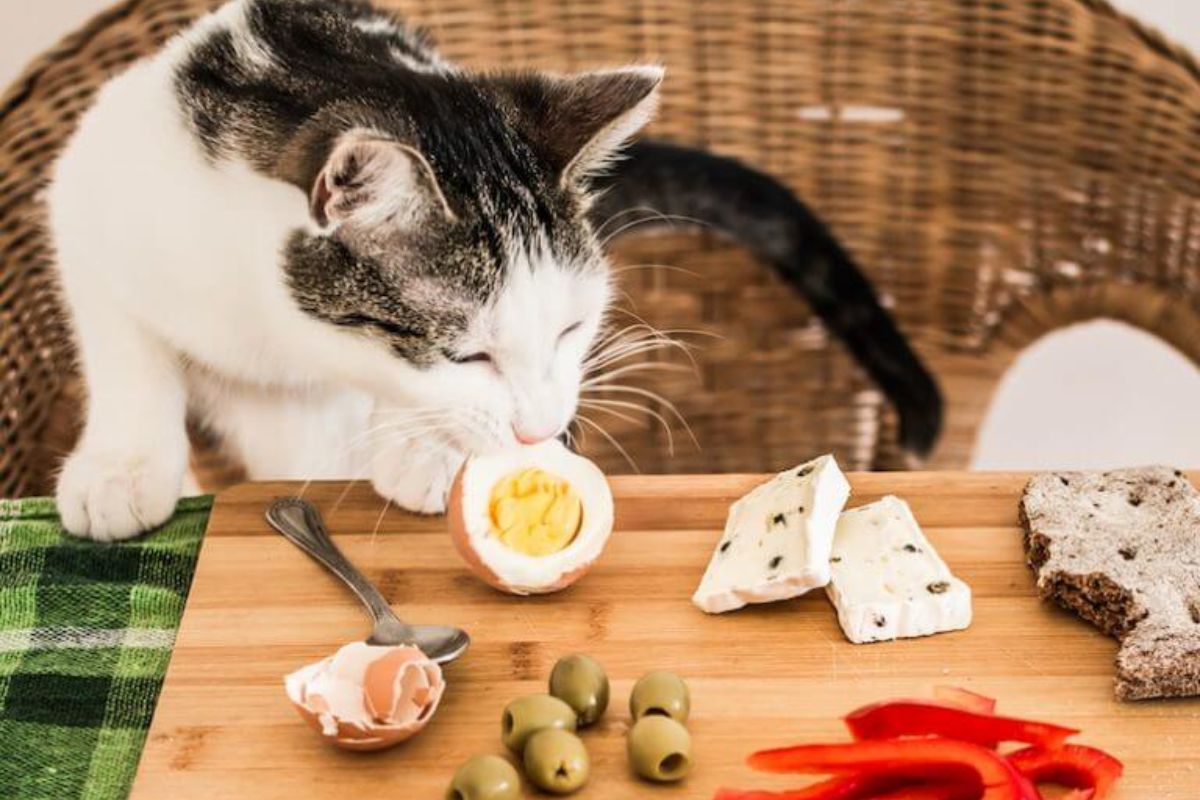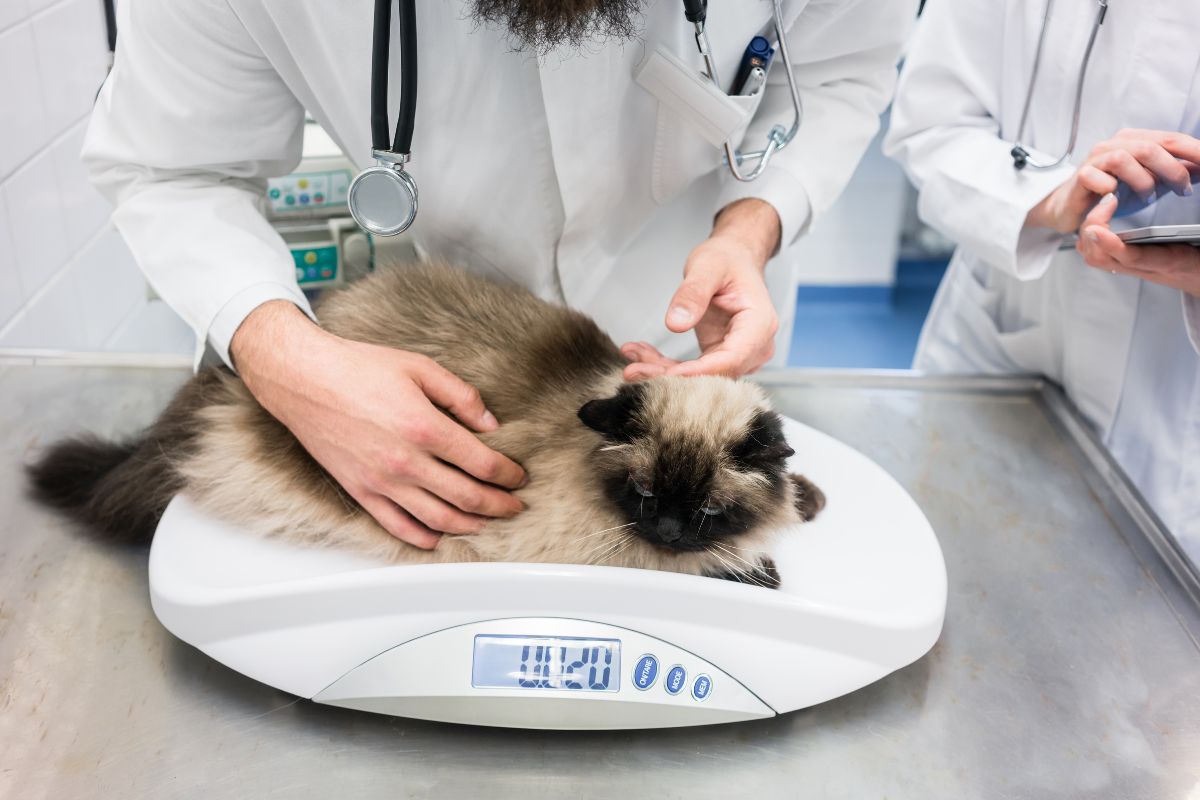Weight control is one of the most critical factors in helping your cat live a healthy and long life. Being overweight not only reduces your cat's mobility but also causes serious health problems such as diabetes, heart disease, and arthritis. This article will share helpful advice from experts on controlling your cat's weight and helping your pet maintain an ideal figure and optimal health.
Recognize the signs of an overweight cat
To begin controlling your pet's weight, you first need to determine if your cat is overweight. Some common signs include:
- Difficulty feeling the rib cage and waist: If you can't feel the ribs or waist clearly when touching the abdomen, this could be a sign that your cat is overweight.
- Reduced mobility: Overweight cats tend to be sluggish, less active, and breathe faster when they exert themselves.
- Sleep more than usual: Being overweight can reduce your pet's energy, causing them to sleep more and participate in less playful activities.
- Difficulty moving: If you notice your pet has difficulty climbing stairs or jumping on chairs, this could be a sign of being overweight.

Identifying the Causes of Overweight Cats
There are many causes of overweight pets, including:
- Improper diet: Overeating or eating the wrong foods can significantly cause weight gain.
- Lack of physical activity: Cats that need more exercise during the day tend to gain weight quickly.
- Genetics: Certain breeds and cats, such as Bulldogs Pugs or Persians, tend to gain weight more efficiently.
- Health problems: Health problems such as thyroid disorders, diabetes, or Cushing's disease can also contribute to weight gain.

Expert advice on controlling overweight cats
Build a reasonable diet
One of the first steps to controlling your pet's weight is to adjust the diet. You can consult your veterinarian to build a scientific diet suitable for your pet's species, age, and activity level.
Choose low-calorie food: Many pet manufacturers offer specialized products for overweight cats. These products are often low in calories but still ensure adequate nutrition.
Reduce food portions: Check and adjust the food you provide your cat daily. Sometimes, reducing food portions or dividing meals can help you lose weight effectively.
Avoid junk food: Many pet owners have the habit of eating junk food or food from human meals, which can lead to unwanted weight gain. Limit junk food and replace it with healthy foods specifically for pets.
An excellent solution for managing your cat's meals is the NIHONNEKO KATSUO MIX and NIHONNEKO MAGURO MIX products. These are complete cat foods that ensure adequate nutrition and easy portion control. The products are made in Japan with high-quality standards and an attractive tuna flavor that your cat will love.

Increase physical activity
Physical activity plays a vital role in controlling your cat's weight. Regular exercise helps your pet burn calories and improves cardiovascular and mental health.
Although cats are less active than dogs, you can still encourage them to exercise by purchasing toys such as fishing rods and rolling balls or by creating climbing areas in the house. Cats enjoy climbing and hunting for fake prey, which helps them maintain better health.
Monitoring your cat's weight regularly
- Monitoring your cat's weight is essential to evaluate the effectiveness of weight control measures. You can weigh your pet weekly or monthly to ensure they lose weight on schedule.
- Use the correct scale: Weighing at home or using a veterinary scale is the best way to monitor weight changes accurately.
- Keep a weight record: Recording your cat's weight over time will help you quickly adjust your pet's diet and exercise regimen.
Consult Your Vet
If you are still determining your pet's weight or want to develop a safe weight-loss plan, consult your veterinarian. They can provide expert advice and help you spot potential health problems early.

Things to Avoid When Losing Weight in Your Pet
- Do not diet too severely: Dieting too severely can cause other health problems in your pet, such as nutritional deficiencies or weakness.
- Avoid rapid weight loss: Sudden weight loss can lead to liver problems or other organ dysfunction, especially in cats. The goal should be slow and steady weight loss, usually about 1-2% of weekly body weight.
Controlling an overweight cat's weight requires patience and close adherence to expert advice. Adjusting your pet's diet, increasing physical activity, and regularly monitoring their weight will help them become healthier, more active, and live longer.
With these simple but effective methods, start your journey to help your cat control his weight and achieve his ideal body shape. Taking care of pets is a responsibility and a way for us to bring a better life to our four-legged friends.


 Vietnamese
Vietnamese  日本語
日本語  English
English 



